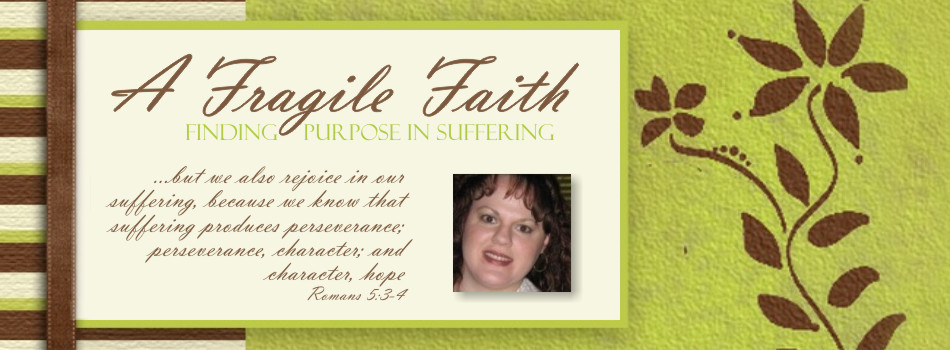Repost: Cataplexy 101

Reposted for National Sleep Awareness Week
The following is some information I pieced together from various sources, including my own experience, to explain what cataplexy is and what to do if I have an attack. Most doctors have never even heard of it and have no idea what to do. I started carrying information sheets around with me to hand out to people and especially to give to all my doctors. Feel free to duplicate this information; we need to educate people about this disease.
WHAT IS CATAPLEXY?
Cataplexy is a feature of the sleep disorder narcolepsy. It is a condition whereby the sufferer, or cataplectic, experiences a total loss of muscle control and postural tone. It is likely to be more severe when a person is tired, under stress, or experiencing strong emotions. It is extremely unpredictable both in severity and frequency. The attacks do not necessarily have a fixed schedule; they may occur occasionally but may also occur multiple times a day. Patients may be prescribed antidepressants to control the attacks and may also take a night-time medicine called Xyrem, the pharmaceutical equivalent of GHB, to produce the quality of sleep needed to help control the attacks. It is important for cataplexy sufferers to adhere to a strict sleep and medicine schedule to avoid severe, prolonged attacks.
WHAT HAPPENS DURING A CATAPLEXY ATTACK?
Cataplexy is often confused with epilepsy. The nature of the attacks may vary from individual to individual. The following characteristics of an attack can occur alone or in combinations with others: perceptible slacking of the facial muscles, dropping of the jaw or head, knee buckling, slumping of the shoulders, slurring of speech, blurred vision, or falling to the floor. When falling to the ground, the cataplectic may appear to lose consciousness but simply remains motionless for a few minutes before resuming normal behaviors or drifting into some prolonged sleep. There is no loss of consciousness or awareness of surroundings; the person can still hear, feel, and sometimes see things that are going on during the attack.
WHAT CAUSES A CATAPLEXY ATTACK?
Cataplexy is often caused by strong emotions such as exhilaration, surprise, fear, anger, stress, shock, laughter, anxiety, etc., but these do not have to be present for an attack to occur. For this reason, a person suffering from cataplexy will not benefit from “revival methods” often used on an unconscious person. Actions such as yelling, slapping, or shaking should be avoided, and sternum rubs or ammonia inhalants will not be effective and can, in fact, make the attack worse by causing anxiety to the patient.
WHAT SHOULD BE DONE FOR A PATIENT DURING AN ATTACK?
1. It is most important to stay calm, remembering that the cataplectic is conscious and aware of your behavior and that your anxiety can affect the severity or length of the attack.
2. Be sure the individual will not injure themselves by falling and that their airway is not obstructed by the position of their neck/head. There is no need to move the person unless one of the above circumstances presents itself.
3. Unless the person has stopped breathing, has no pulse, or has injured herself in some way, CALL THEIR EMERGENCY CONTACT BEFORE CALLING 911. This contact will know more about the disease than almost any medical personnel and can advise you more on how to respond. If they feel emergency medical personnel should be called, that is the time to call.
4. Avoid drawing undue attention to the situation, which can cause embarrassment and discomfort to the individual.
5. Sufferers have different preferences about what onlookers can do to help. Some prefer to be left alone, while others my need to be supported or helped up. It is common for the person to prefer being left alone to recover of their own accord.
HOW DOES THIS DISEASE AFFECT LIFESTYLE?
Cataplexy can be disruptive to daily living. It can cause embarrassment, loss of confidence, and even detrimental consequences to the patient. Further, it can impair most desired activities such as driving, working out at the gym, or even holding a child, because one can never know when the attack might present itself. Because this is a rare condition, most medical personnel will not recognize it or know how to treat it. For this reason, the patient and their regular caregiver should be relied upon greatly for information about both the condition and also that patient’s particular regimen of treatment.




